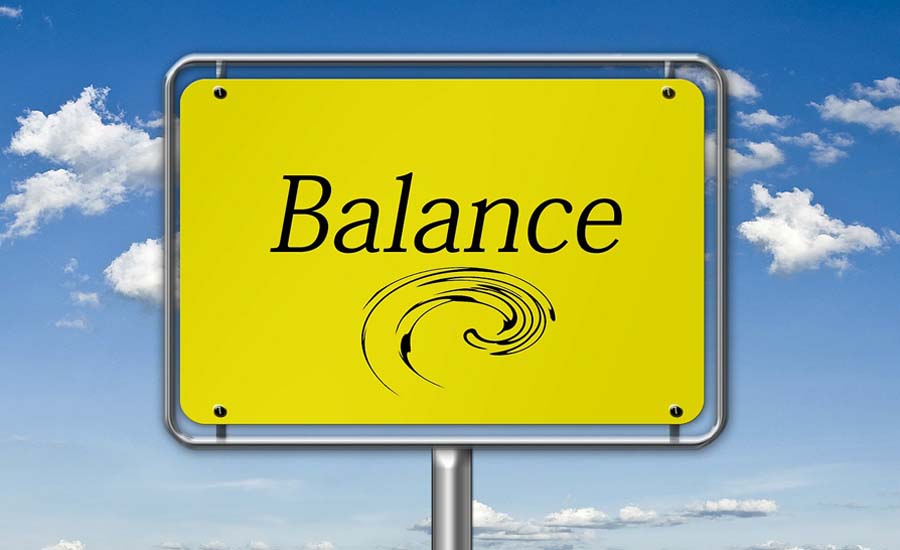Two high-profile leaders have recently garnered media attention for their drastically different attitudes toward work-life balance.
Yahoo CEO Marissa Mayer became the topic of conversation this month regarding her remarks in a Bloomberg interview in which she discussed working 130-hour weeks during Google’s early days and stated that she can “tell you which startups will succeed, without even knowing what they do” based on whether or not employees were working on the weekend.
Mayer was criticized by some for her 2013 directive cancelling the telecommuting option for Yahoo employees. A leaked memo from Yahoo HR said the rationale was “to become the absolute best place to work, communication and collaboration will be important, so we need to be working side-by-side.”
Meanwhile, a purported 2014 staff memo from Vice President Joseph Biden resurfaced this month in which he encouraged staffers to take off work to attend milestone family events and handle other important family matters. In the memo, Biden said “This is very important to me. In fact, I will go so far as to say that if I find out that you are working with me while missing important family responsibilities, it will disappoint me greatly.”
These examples show two seemingly opposite approaches to work—approaches that can drastically affect employee’s work-life balance—but which tactic is more productive for the organization?
SIOP Fellow Dr. Wendy Casper says there’s merit to both.
“For long-term organizational success, you need to have elements of Joseph Biden’s approach,” said Casper, a professor in the University of Texas at Arlington Department of Management who studies work-life balance. “When you support your employees, they will pay you back as part of the social contract. But there’s also a grain of truth in what Marissa Mayer says about needing to spend time together to foster teamwork and collaboration.”
It’s not an all or nothing proposition, Casper explained. Where Mayer went wrong was in completely eliminating telecommuting.
“If Marissa Mayer had taken a more moderate stance on bringing people into the office, setting certain times of the day or week when everybody was expected in the office so they could collaborate and then allowing flexibility for the rest, there probably wouldn’t have been such a backlash,” Casper explained.
Telecommuting can give people flexibility to address a variety of needs.
“Maybe someone needs to stay home to meet with the plumber; or maybe a worker in an urban area telecommutes to cut down on travel time during rush hour,” she said. “Or maybe someone telecommutes because of their biological clock, they’re just more effective working on an early or late schedule.”
The flexibility afforded by telecommuting can contribute to an employee’s sense of work-life balance. Work-life balance isn’t just nice to have, it can be very important for the organization’s bottom line. Casper cautioned that, without balance, people “head for burnout. They’re less productive and can’t do difficult complex work when they’re fatigued and tired.”
Balance may also be dynamic. There may be times when a person has to work overtime to push through a project, but that’s fine if that’s compensated with time away, Casper explained. There needs to be balance in the big picture.
Julie Holliday Wayne led a study accepted for publication in Personnel Psychology, on which Casper and fellow researchers Wayne Butts and Tammy Allen collaborated. The study examined different types of work-family balance: how satisfied and effective people feel in balancing work and family. Their research found that employee reports of feeling satisfied with balance was related to positive job attitudes and effectively balancing work and family was related to higher supervisor ratings of job performance—demonstrating that greater balance can be good for individuals, organizations, and families.
“It’s important to note,” Casper said, “that experiencing balance is a very individual thing. Different people will have different ratios of work and non-work involvement that foster balance, depending on what they’re passionate about and on what stage of their life they’re in. A person’s priorities may change over time, and roles that are more of a priority probably matter more in evaluating one’s balance.”



